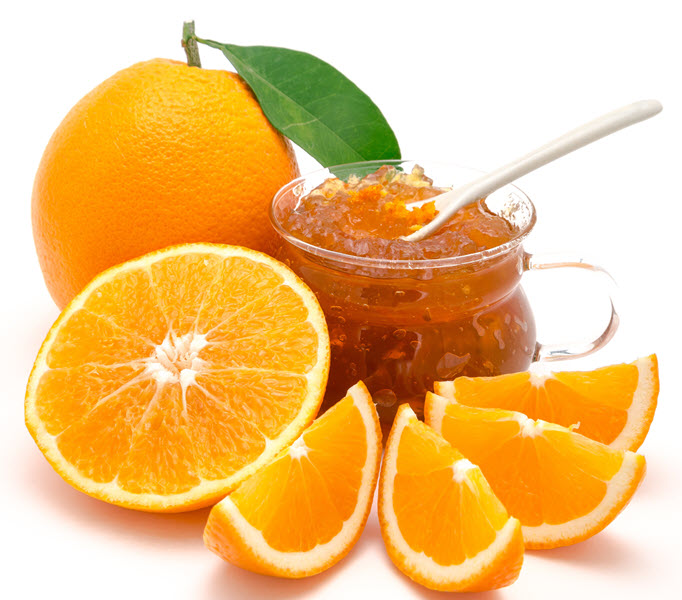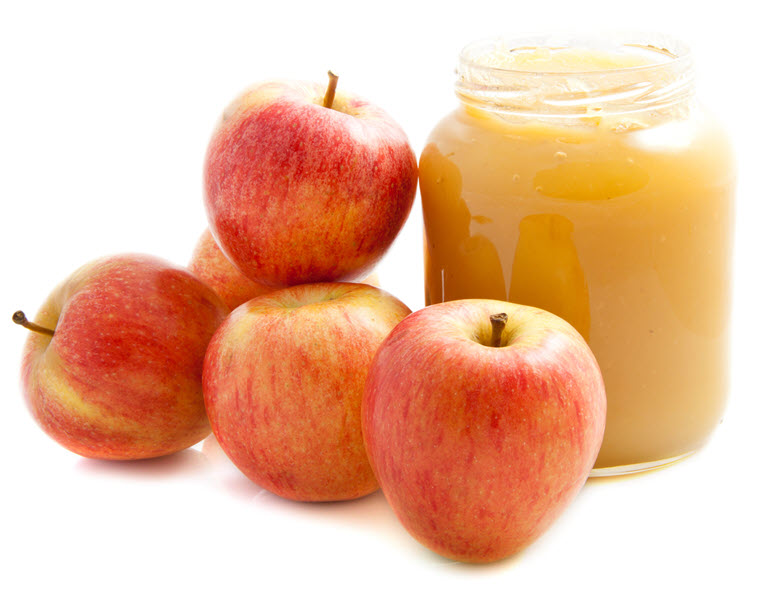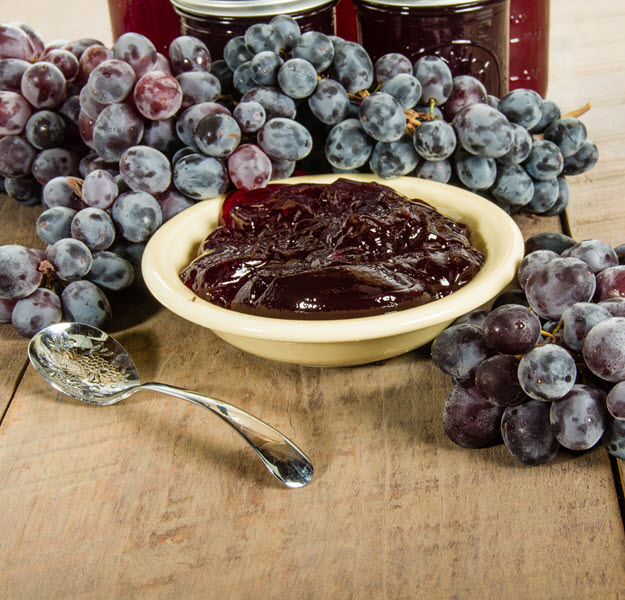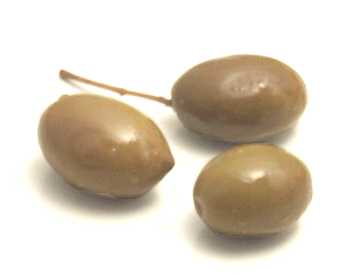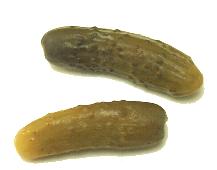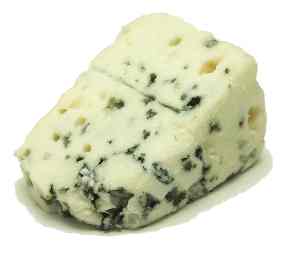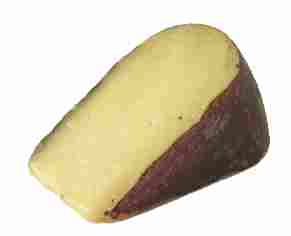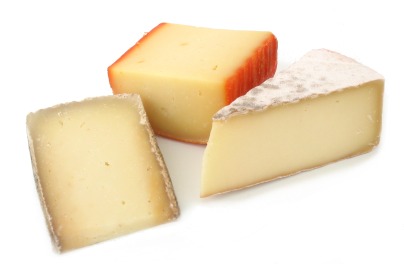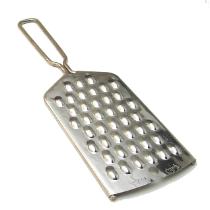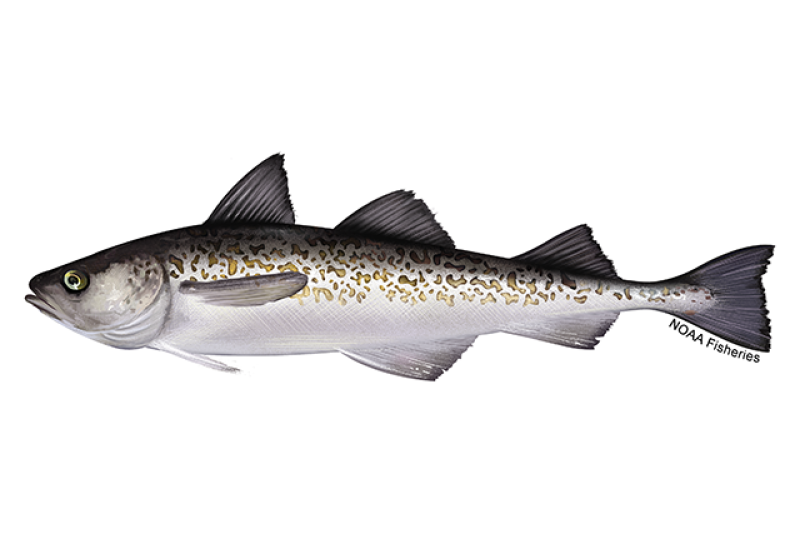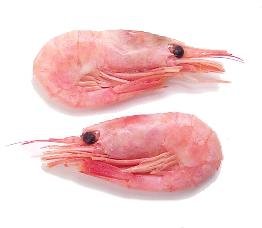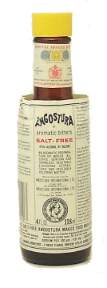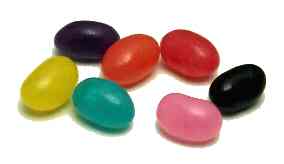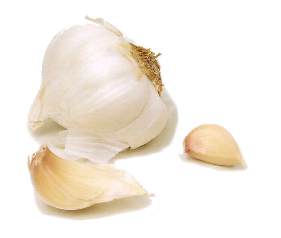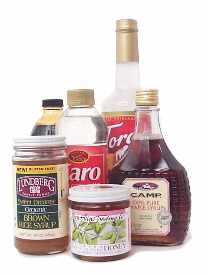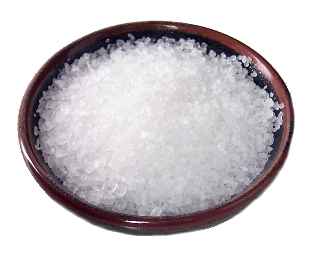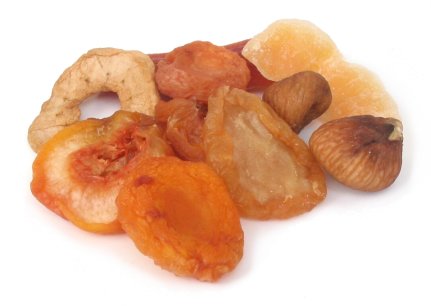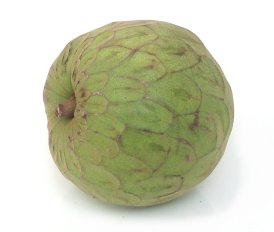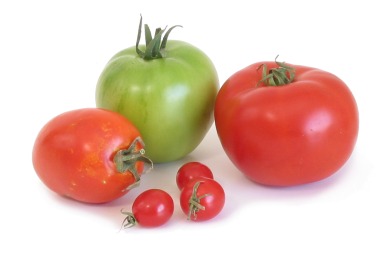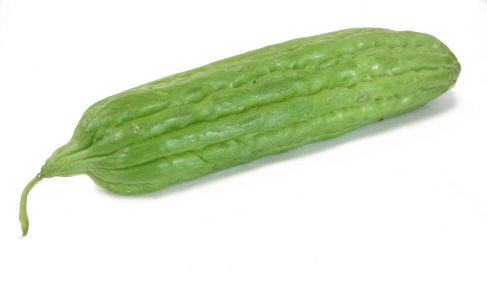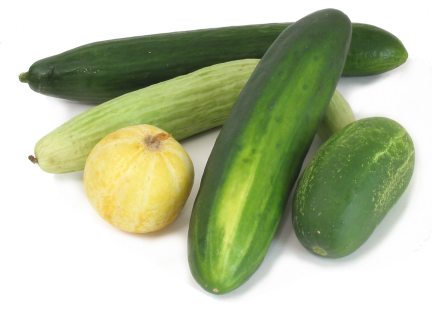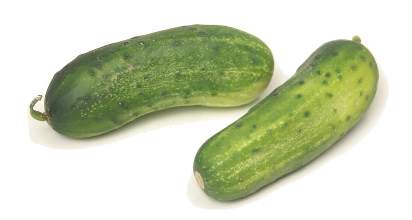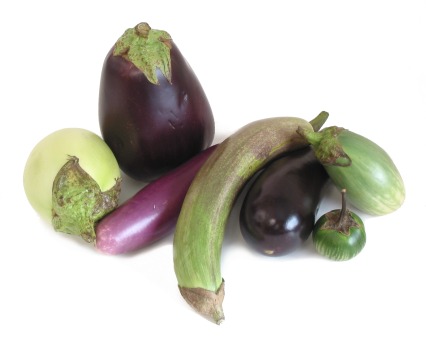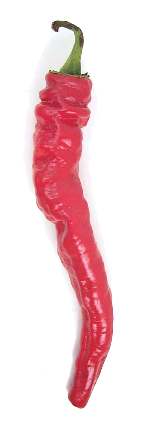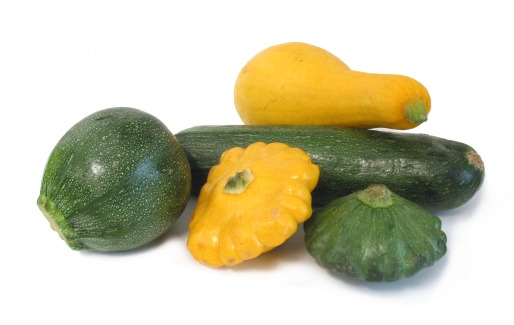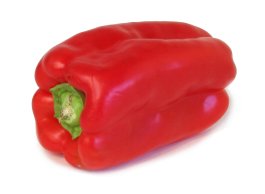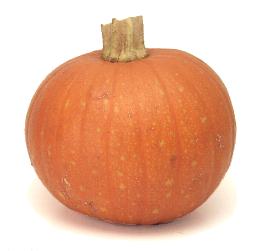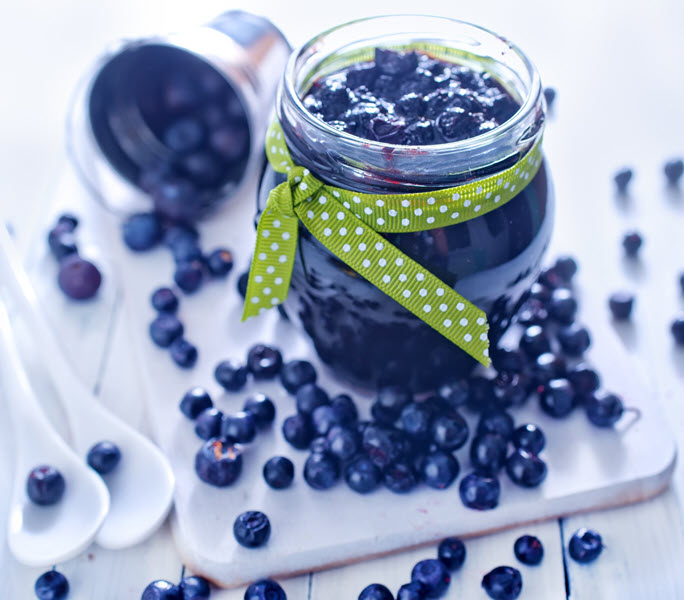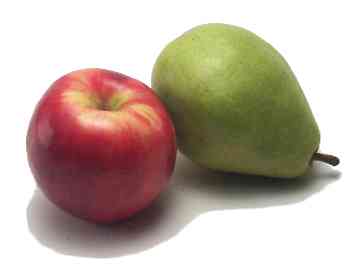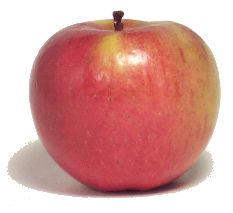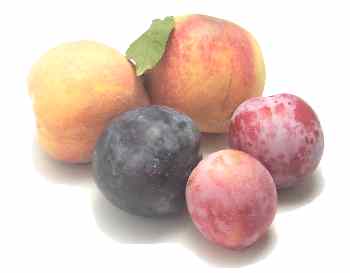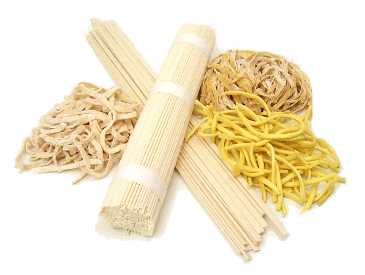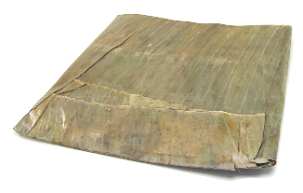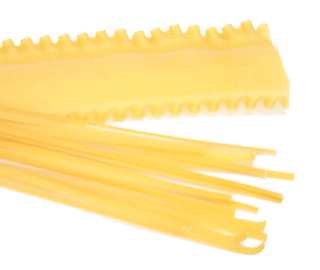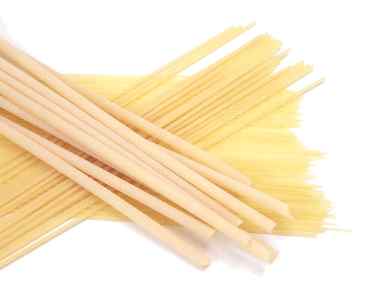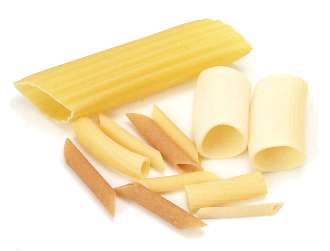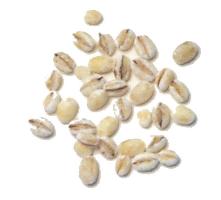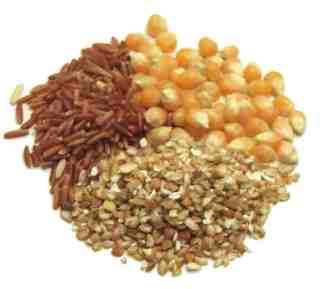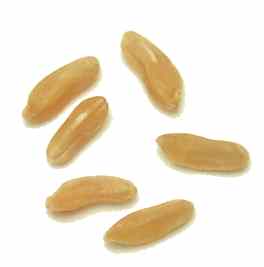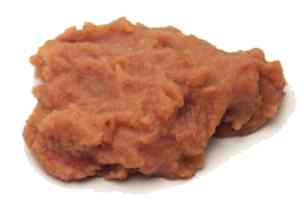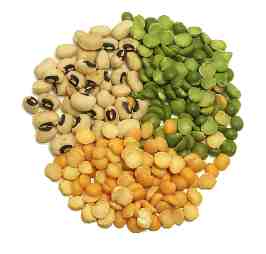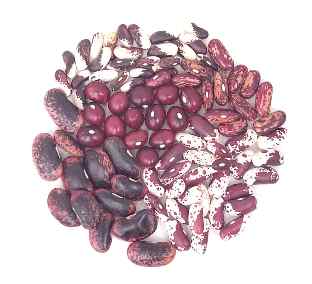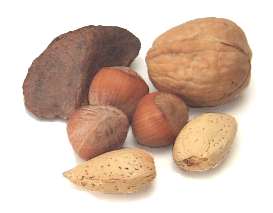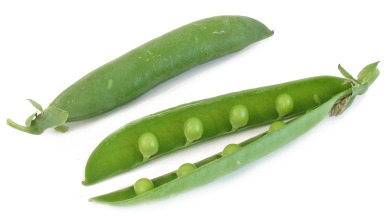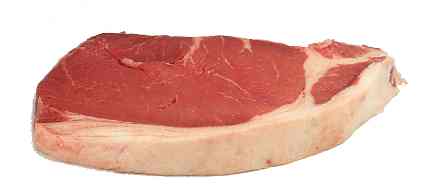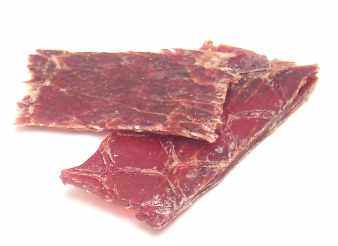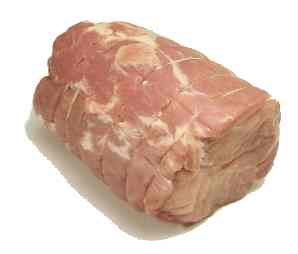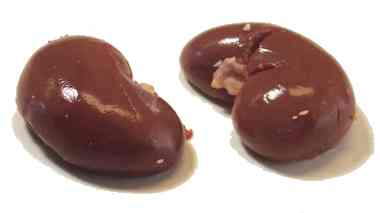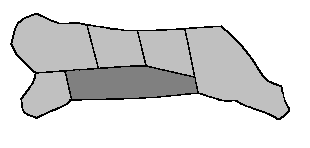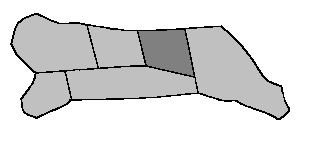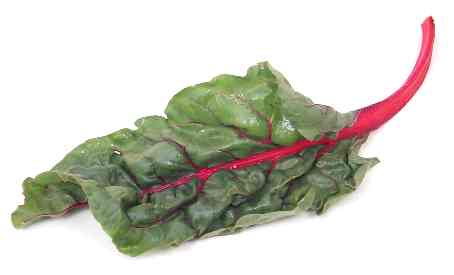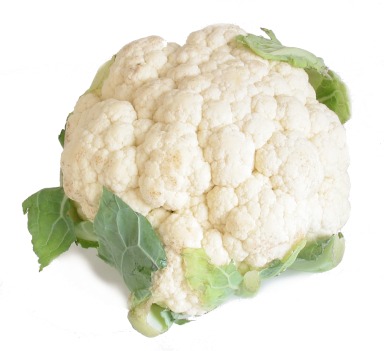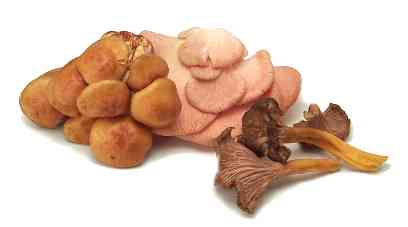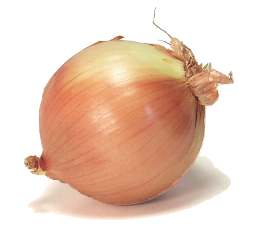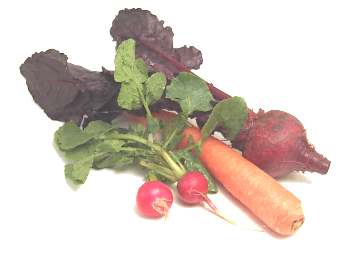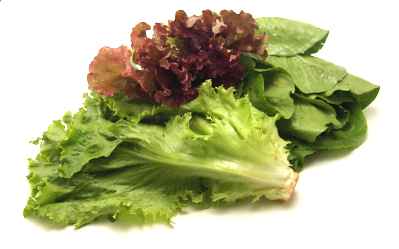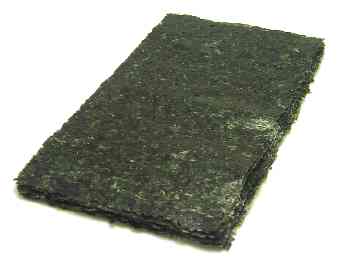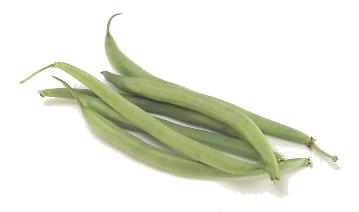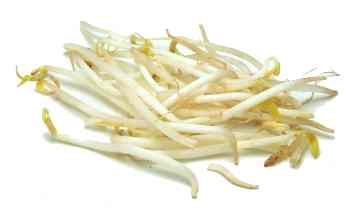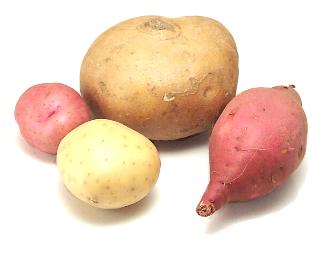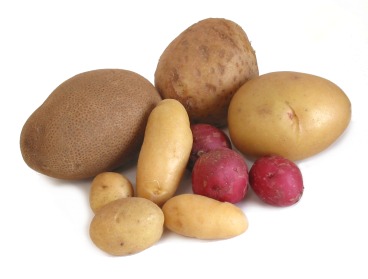All Ingredients
mortadella
This exquisite smoked pork sausage is similar to bologna, only it's flavored with garlic and has bits of fat and sometimes pistachios in it. It's a key ingredient in a muffaletta sandwich. Always serve it cold.
Learn moremortgage runner bean
These beans have a rich, creamy consistency that works well in soups and casseroles.
Learn moremoya
The family of moyas includes atemoya, cherimoya, soursop, and sweetsop, all of which can be used interchangeably. All these fruits have scaly peels and hard black seeds, which you need to remove before eating.
Learn moremozzarella
Mozzarella is a soft, white Italian cheese. The most common type is low-moisture mozzarella, which is often sold in bricks or firm balls, or is shredded and sold in bags. Don't confuse it with fresh mozzarella = high-moisture mozzarella, which is a fresh cheese used for salads and appetizers, and is often sold in tubs of water. Low-moisture mozzarella is one of the few cheeses that doesn't turn rubbery or ooze oil if cooked too long or too hot, so it's a key ingredient in pizzas and casseroles. It's also stretchy--the long white strings that you often see draped over the sides of pizza boxes are usually mozzarella. It can also be frozen and thawed without too much damage to its texture. Buffalo milk has a much higher fat content than cow's milk, so buffalo milk mozzarella, or mozzarella di bufalo, is creamier and also more expensive than cow's-milk mozzarella = fior di latte.
Learn moremparrettai
This unusual variety of Italian pasta consists of poorly wrapped straws of dough, about 8 inches long.
Learn moreMuenster
When produced in Europe, Muenster is a mild-mannered member of the normally stinky washed-rind Cow's milk cheese family, though it becomes more pungent as it ages. It's delicious with dark breads and beer or Gewurztraminer wine. American muensters are much milder.
Learn moremulato chili
This very popular chili looks like the ancho, but it's darker and sweeter. It's fairly mild and has an earthy flavor.
Learn moremullet
This category includes red mullet, white mullet, and the fattier black mullet = striped mullet.
Learn moremung bean
Whole mung beans are small and green, and they're often sprouted to make bean sprouts. When skinned and split, the beans are flat and yellow, and called moong dal.
Learn moremung bean sprouts
These are the large sprouts that are common in supermarkets. They're crisp and nutty, and they're the best sprouts for stir-frying, though they can also be served raw. Select bean sprouts that are crisp and white with just a tinge of yellow. To keep them fresh, rinse them off and immerse them in cold water, then store them in the refrigerator. They're very perishable, so try to use them within a day or two. Canned bean sprouts are a very poor substitute for fresh.
Learn moreMuscadet
This is a district in Brittany, France, that produces a crisp, light white wine that's especially good with seafood. Always serve it chilled. Don't confuse this with Muscatel or Muscat, which are both dessert wines.
Learn moremuscadine grapes
Muscadine grapes are native to the American Southeast. The flesh is sweet but the skin is tart. It is easy to remove the skin.
Learn moremuscadine jelly
Made from muscadine grapes, this is a redder, tarter version of grape jelly.
Learn moreMuscat
This is a sweet and fruity dessert wine made from Muscat grapes. Don't confuse it with Muscadet, which is a dry white wine.
Learn moremushrooms
Markets stock a variety of cultivated mushrooms, but many people prefer wild mushrooms, which are often more flavorful. Be careful when picking wild mushrooms (some species are poisonous) and always cook them thoroughly, both to release their flavors and to convert their proteins into a more usable form. To prepare fresh mushrooms, first trim off the bottoms of the stems, then wipe them off. Don't rinse or soak them, for they'll absorb water and turn mushy when you cook them. Dried mushrooms are often excellent substitutes for fresh, though some species don't dry well. You can reconstitute dried mushrooms by soaking or simmering them. Don't throw out the soaking liquid--it can add more flavor to your sauce than the mushrooms themselves. You can also pulverize dried mushrooms with a food processor or blender, then use the mushroom powder to flavor sauces and stews. To learn about various varieties of mushrooms, click here.
Learn moremussels
Storage: Unopened canned mussels can be stored for up to a year in a dry, cool place. Once opened, it will keep for up to two days if you wrap it well and refrigerate it.
Learn moremustard greens
These are more popular in the South than in the rest of the country. There are red and green varieties, and both have a peppery bite. If the greens are too pungent for your taste, you can tame them by blanching them in salted water.
Learn moremustard oil
Mustard oil may be hard to find in the US. Indian markets would be your best bet.
Learn moremustard seeds
Mustard seeds have a hot, pungent flavor. Yellow mustard seeds are the ones you'll most likely find in American and European kitchens. They're often ground and made into prepared mustard or added to stews and sauces to give them some zip. Indian cooks usually prefer the smaller and more pungent brown mustard seeds or black mustard seeds. When recipes call simply for mustard, they may be referring to prepared mustard, the condiment we like to put on hot dogs. When crushed, mustard seeds are very pungent, but Indian cooks fry them in oil, which makes them sweet and mild.
Learn moremutton
After lambs are a year old, their meat is sold as mutton. Mutton is cheaper than lamb, but it's tougher, fattier, and less delicately flavored. It's more popular in Europe than in the United States.
Learn morenam prik pao
This paste is made from chilies, onions, sugar, shrimp paste, fish sauce, and sometimes tamarind. It's sold in jars, and comes in different strengths, ranging from hot to mild.
Learn morenameko mushroom
Nameko mushrooms are hard to find fresh, but Asian markets sometimes stock cans or plastic bags of it. They have a gelatinous texture and the Japanese like to add them to miso soup.
Learn morenapa cabbage
Like bok choy, napa cabbage is a common ingredient in Asian stir-fries. It can also be used as a milder and more delicate alternative to green cabbage in slaws and other recipes
Learn morenatto
Made with fermented soybeans, natto is pungent, sticky, and highly nutritious. The Japanese like to serve it on rice or put it in sushi or miso soups. It's available in Japanese markets or health food stores either frozen, freeze-dried, or fresh in straw bundles.
Learn morenavy bean
These small white beans are commonly used to make baked beans, but they're also good in soups, salads, and chili. They're relatively difficult to digest.
Learn morenectarine
Nectarines resemble peaches, but they're sweeter and more nutritious. They're best if they're allowed to ripen on the tree. Unfortunately, tree-ripened nectarines bruise easily, so most growers scrimp on flavor and pick and market them while they're still slightly underripe. After buying nectarines, you're supposed to let them ripen for a couple of days at room temperature before eating them. This makes them softer and juicier, but not sweeter. Avoid buying nectarines that are too hard or that have green spots--a sign they were picked way too soon--or those that are bruised. The superior freestone varieties arrive in June and July; the cling varieties that come later aren't as good.
Learn morenettles
Nettles have long been used in Europe as a substitute for spinach or kale, but they're tricky to use. The tips contain formic acid, a nasty irritant that can give you a serious rash on the outside and cause even more damage on the inside. You can remove the formic acid by cooking and/or soaking the nettles, but don't try this unless you know what you're doing. If you're harvesting your own nettle leaves, select young ones.
Learn moreNeufchatel
Neufchâtel is very similar in taste and appearance to cream cheese, but it's made from cow's milk instead of cream so it contains less fat and more moisture. Cheesecakes made with it cook more quickly and are more prone to cracking. Use it within a few days after purchasing, and throw it out if mold appears. For best results, serve chilled.
Learn moreNew Mexico green chili
These large chilies are similar in size to Anaheims, but they're hotter. New Mexico green chilies peak in the late summer, while the hotter New Mexico red chilies appear in the fall. These are moderately hot.
Learn more











